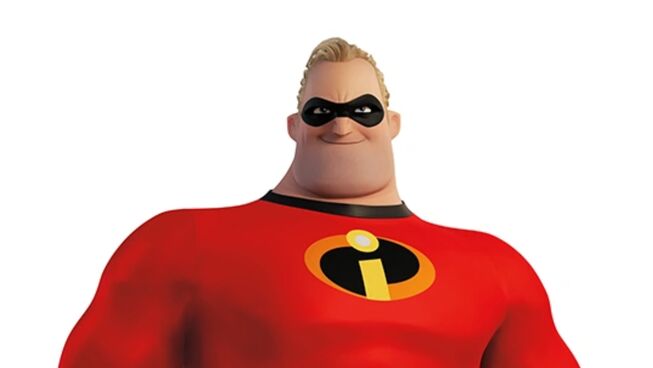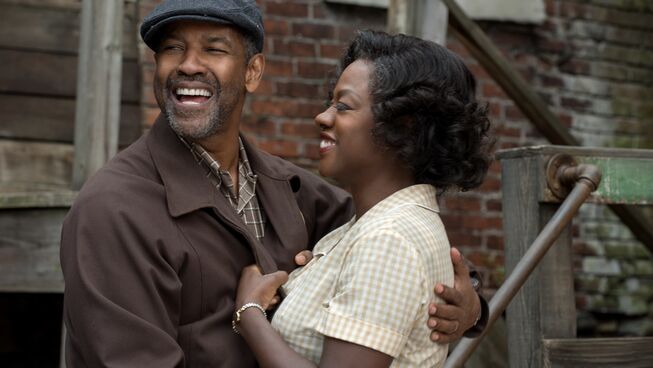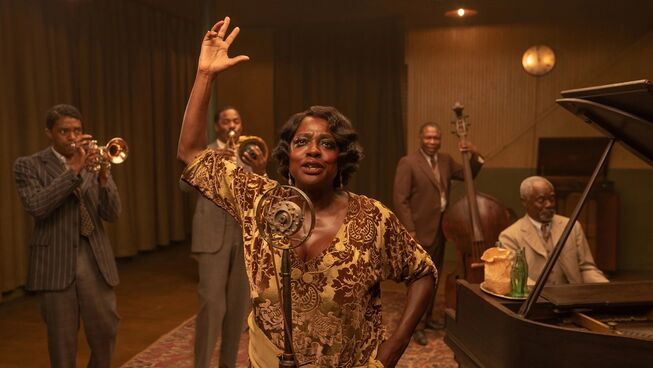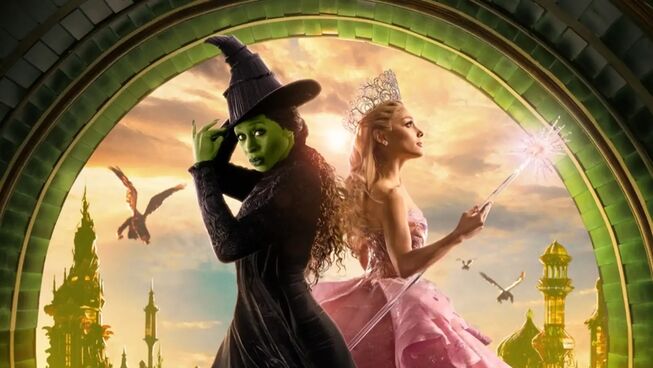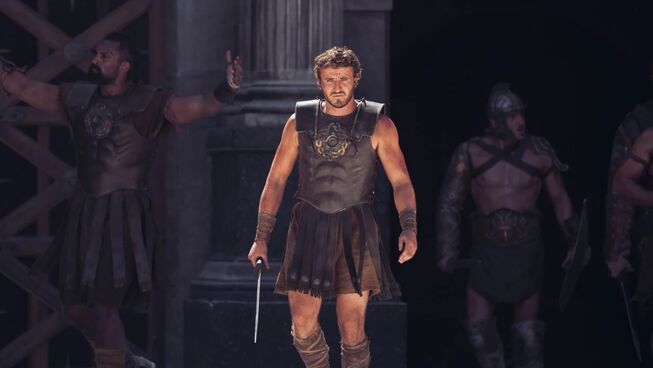The Piano Lesson
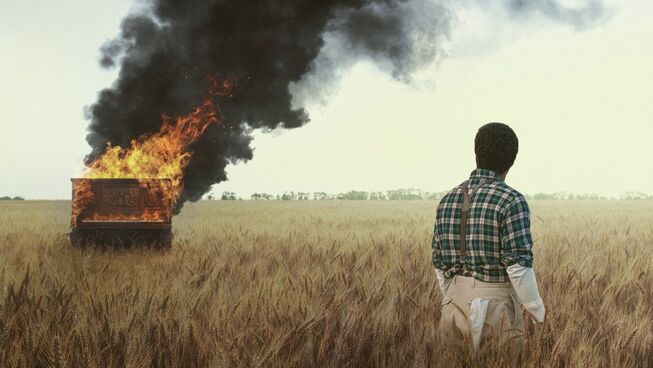
⭐️ ⭐️ ⭐️ 1/2 (out of 5 stars)
In 2015, Denzel Washington announced he would produce film adaptations of all ten stage plays written by famed playwright August Wilson. The first of these, “Fences” (2016), was directed by and starred Washington and Viola Davis, who would go on to win Best Supporting Actress, alongside Oscar nominations for Picture, Actor and Adapted Screenplay. In 2020, Washington produced Ma Rainey’s Black Bottom, again starring Viola Davis, and the late Chadwick Boseman. The film would garner five Oscar nominations, winning 2 for Best Costume Design and Best Makeup and Hairstyling. Now Washington has produced his third Wilson adaptation and kept the project in the family with his son Malcolm delivering his directorial debut starring his brother, John David Washington and a phenomenal ensemble.
Set in 1936 Pittsburgh, and in the shadow of the Great Depression and the Jim Crow segregation of the South, The Piano Lesson focusses on the Charles family as they grapple with family legacy and difficult decisions as they determine the fate of their heirloom piano. When boisterous but cash-strapped Boy Willie (John David Washington) arrives at his Uncle Doaker’s (Samuel L. Jackson) house to see his sister Berniece (Danielle Deadwyler), relationships are already strained. Things only become more tense when Boy Willie insists it is his right to sell the family’s uniquely engraved piano and reap the financial rewards. However, his attempts to remove the piano disturb echoes of the past which begin to ripple into the present as painful reminders of how the piano was carved and came into the Charles family’s possession in the first place are remembered and revealed.
As the third August Wilson play adaptation, the film bears many of the strengths and weaknesses of the first two films. Yet, this venture elevates the play, retaining its theatricality in its performances and screenplay, and expanded cinematically with solid editing, lighting, cinematography and sound - which especially emphasises the story’s more historical, supernatural and spiritual elements to enliven this familial drama of haunted history. However, the film struggles with pacing issues and tonal imbalances shifting from feeling like a filmed play to a sprawling historical epic.
What unites these two tones are the captivating performances. From the brash John David Washington playing to the back row, to the more nuanced and tender Ray Fisher as Boy Willie’s best friend Lymon, to the commanding and poised Danielle Deadwyler, in addition to the grandfatherly Samuel L. Jackson, sweet-talking Michael Potts as uncle Winning Boy and the charismatic Corey Hawkins as a preacher and potential suitor for Berniece, Avery Brown. It’s an ensemble that powerfully explore issues of sibling rivalry, intergenerational racial trauma, and family legacy. It is the family drama that is more compelling than the historical haunting. Still, the two coalesce in a conclusion that is a profoundly satisfying resolve to both. This is a strong debut for Malcolm Washington, and evidence that these August Wilson adaptations continue to be worthwhile, especially with the elevated cinematic theatricality that they can explore.
Reel Dialogue: The echoes of the past
The Piano Lesson is an oft-intense exploration of the intergenerational trauma experienced by many African-American families who suffered under the abomination of slavery. With confronting flashbacks to the horrors of the past, the film deals with how these memories haunt and echo through to the present. The Charles family’s heirloom piano is a powerful reminder of the past, engraved with portraits of the family going back generations and stained with blood that has seeped into the very wood of the instrument.
However, the film’s resolution is not one of fear of the past but of closure and perseverant resolve. Whilst the hardships of the past cannot be ignored. They serve as a reminder of the unwavering faith of a family who trusted in God to deliver them from the hands of their oppressors. It is this great cloud of witnesses, family members long departed but remembered in spirit, who ultimately provide comfort and peace to Berniece, Boy Willie and the rest of the family. Do you have role models of faithful sufferers in your own life? Do you know the one who was the most faithful suffering servant of them all – Jesus?
“That is why, for Christ's sake, I delight in weaknesses, in insults, in hardships, in persecutions, in difficulties. For when I am weak, then I am strong.” 2 Corinthians 12:10





